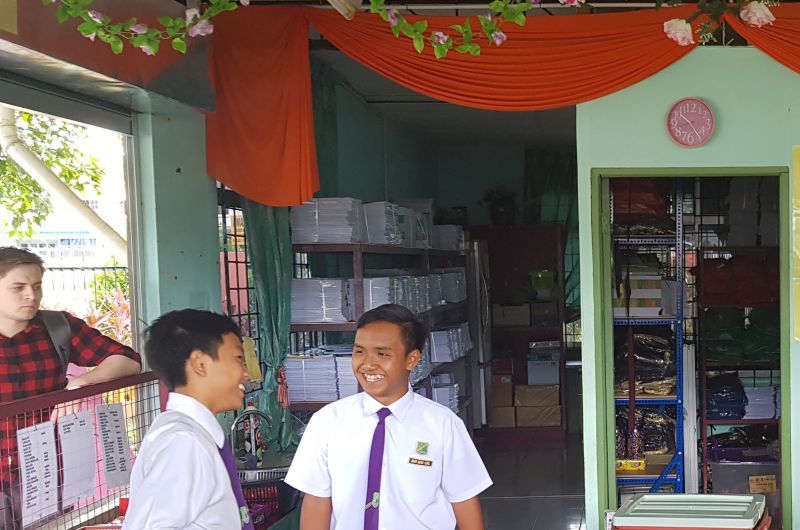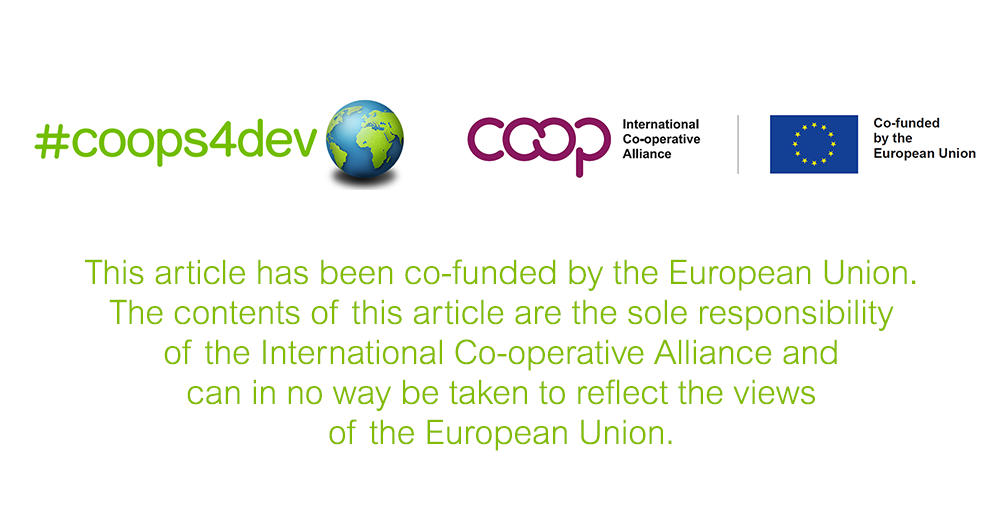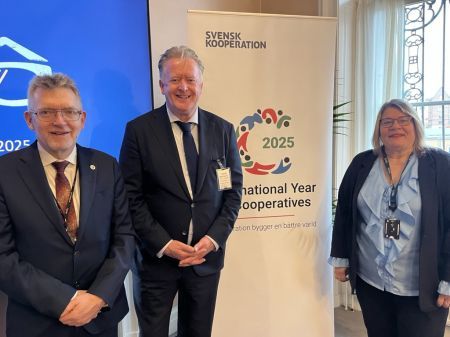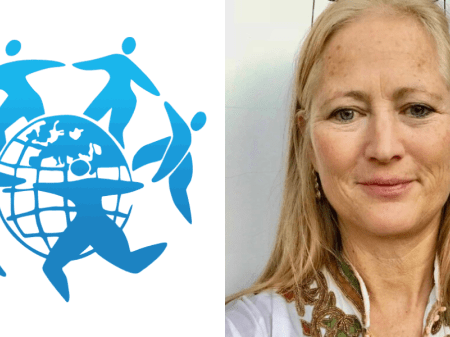
During their stay in Kuching participants in the Global Youth Forum (GYF20) had the chance to visit Tun Abang Haji Openg, a local school, which runs its own cooperatives. Schools across the country have set up cooperatives that are managed by pupils and teachers. This helps pupils learn how to run their own enterprises. The cooperatives range from tourism cooperatives to stationary stores or agricultural cooperatives. Angkasa’s Hazim Halim tells us more about the country’s 2,400 school cooperatives…
Malaysia is using cooperatives to encourage entrepreneurship in schools
By Hazim Halim
Cooperatives were first established in schools in Malaysia in 1968. The main purpose of having school cooperatives at that time was to enable students to buy food and stationery products at affordable prices. Nowadays, the cooperatives are used to not only provide services, but also develop students’ entrepreneurial skills.
Across Malaysia there are over 2,430 school cooperatives with 1.6 million members. These include coffee shops, libraries, stationary shops, laundries, printing services, kindergartens, tourism agencies, agricultural enterprises, art centers, spas and credit unions.
In 2020 we were notified that 10 school cooperatives had achieved turnover of more than RM 1 million a year from their activities.
Membership in these cooperatives is open to all students, teachers and staff aged 13 and over. Every year, they organise an annual general meeting (AGM) and elections for board directors. This is to demonstrate and practice democracy, in accordance with the seven cooperative principles. At Angkasa, we provide support by training the students to organise meetings, handle the voting process and write reports.
We also encourage the school cooperatives to join the School Cooperative Excellent Awards (SCEA) program, which we organise in collaboration with the Ministry of Education. The objectives of this programme are to appreciate the school cooperative members and to give awards to the best school cooperatives. To enter the awards, the school cooperatives need to follow our SCEA guidelines and send their annual report to us. After we receive all the reports, we evaluate them and arrange a courtesy visit to the respective schools. The evaluation is based on the annual report, the activities carried out by the cooperatives and the benefits these bring to members and assessment during the visit.
The school GYF20 participants visited, SMK Tun Abang Haji Openg, forms part of this programme. This school was registered on 30 April 1977. By 2019 their cooperatives had grown to include 1,341 members - teachers, students and staff.
Throughout the year, the cooperative sells school shirts and stationery products and runs a Back to School Promotion sale. They also volunteer in various school activities such as teachers’ day and school sports’ day, providing gifts and facilities.
The school cooperative also contributes to members’ wellbeing. It uses some of its surplus to sponsor other school activities, pay for transport or support members at grief.
Aside from that, the school cooperative plays an important role in forming young entrepreneurs. By giving the school the opportunity to involve in business and entrepreneurial activities, we hope that it will strengthen the economy and the local community, enabling it to strive for a better society. We strongly believe that developing human capital is one of the key elements of the success of the cooperative movement.
An innovative Malaysian school was also featured in a documentary by aroundtheworld.coop, which looked at how young people are taught about cooperative principles from an early age. Read more
Photo: the stationary store at Tun Abang Haji Openg, which is managed by pupils and teachers






